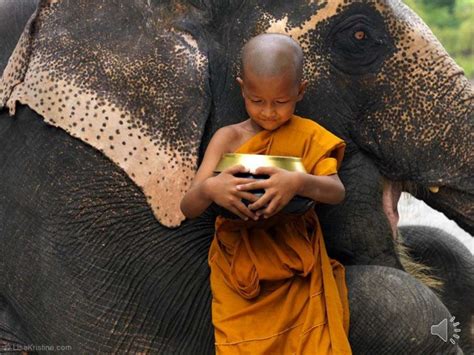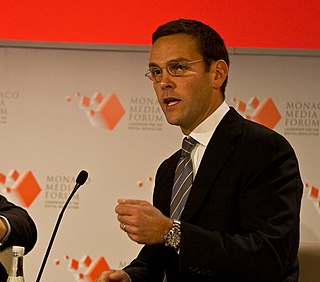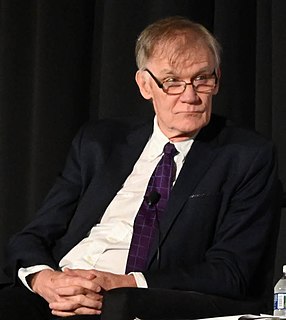A Quote by John Henrik Clarke
Africa and its people are the most written about and the least understood of all of the world's people. This condition started in the 15th and the 16th centuries with the beginning of the slave trade system. The Europeans not only colonialized most of the world, they began to colonialize information about the world and its people.
Related Quotes
One of the interesting things about the history of poetry in the 16th, 17th, and 18th centuries is that people who read liked getting their information in rhyme just as much as in prose. The genre that we would think of as nonfiction often was written in verse in forms like the Georgic when people thought that one of the tasks of poetry was conveying arguments and information in a pleasant way.
What I learned in Guinea is that we are all responsible for the state of our world. The world - and the system by which we trade, share, cooperate and conflict - is clearly not working. We are only as strong as our weakest members. UNICEF is run at every level by strong, relentlessly energetic, deeply capable people who use that strength, energy and capability to help those who need it most: the weakest, most disadvantaged women and children of our world. All I can do now is help make people aware of what is happening, of what they are doing. That is all that I can do. For now.
We have the greatest resource universities in the world, the only place in the world. We have the most productive workforce in the world. We have the most agile venture capitalists in the world. We have a situation where right now in the United States of America, we are near energy independent. North America is beginning to be the epicenter of energy. What is it that makes people think that this is not going to be the American century? I don't get it.
After the Moslem Africans lost control over Spain, they began to prey on the Africans further to the south. They destroyed the great independent states in West Africa, and subsequently set Africa up for the Western slave trade and the Arabs were in the slave trade before Islam and they are still in the slave trade.
In most of the world, we have only small remnants of the wildlife that once existed. Africa has the most astonishing wildlife still. Now Africa is modernizing. In the next twenty years, Africa is modernizing economically, and one of two things is going to happen. Either Africa will be just like the rest of the world and it's say goodbye to wildlife. Or, we can learn from the mistakes made in the rest of the world.
The incomparable James Walvin has done it again: he has crafted a beautifully written and deeply informed single volume history of the Atlantic slave trade and its consequences on three continents. This book is full of fresh ideas and astounding detail; it is at once great storytelling, punctuated with real people and voices, and an unblinking analysis of numerous great questions and paradoxes about the power of slavery in creating the Atlantic world over four centuries.
It is too often forgotten that when the Europeans gained enough maritime skills and gunpowder to conquer most of the world, they not only colonized the bulk of the world's people but they colonized the interpretation of history itself. Human history was rewritten to favor them at the expense of other people. The roots of modern racism can be traced to this conquest and colonization.
The problem of ISIS is not recent. Ever since the Second World War, people in this region have been, and are today, living under brutal dictatorships governed by nationalistic fervor. As for the Kurdish question: nobody from the Arab world is serious about fighting ISIS. It's only the Kurdish people who are standing firm against ISIS. And I think Europe, the United States, and most other democratic countries of the world are beginning to look at the Kurds in another way. The Kurds are really becoming their partners in the region.































